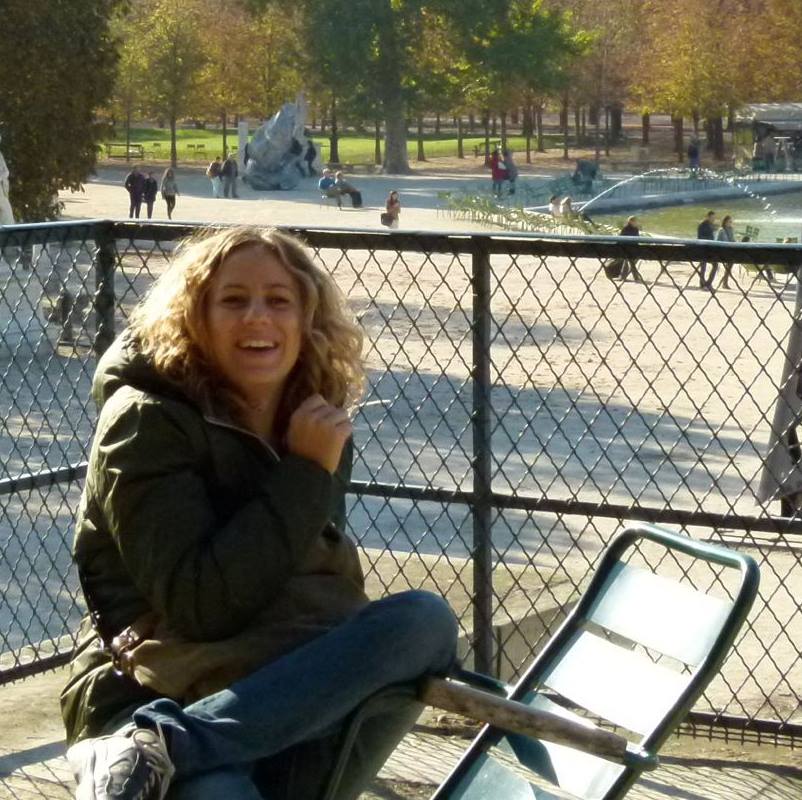 "Women refugees from Syria queue to register on arrival at the Za'atari camp in Jordan. 26 Jan 2013." Creative Commons Attribution-Share Alike 2.0 Generic license (CC BY-SA 2.0), courtesy of the UK Department for International Development and Georgia State University.The second leg of the NPCU-Georgia State University programme on Religion, Media and Conflict takes place in Atlanta, Georgia on 7-9 May. This workshop focuses on Syria, and takes place at the Carter Center. It will provide a closed-door forum for a small group of policy makers, experts, and religious actors to think critically about the challenges posed to the international community by the Syrian civil war and ensuing humanitarian crisis. While a number of immediate operational and tactical issues deserve attention, the workshop aims to anticipate and envision solutions to medium and long- term problems such as sectarian conflict, political reconciliation, and nation- (re)building. The project is supported by grants from the British Council and the U.S. Institute of Peace.
"Women refugees from Syria queue to register on arrival at the Za'atari camp in Jordan. 26 Jan 2013." Creative Commons Attribution-Share Alike 2.0 Generic license (CC BY-SA 2.0), courtesy of the UK Department for International Development and Georgia State University.The second leg of the NPCU-Georgia State University programme on Religion, Media and Conflict takes place in Atlanta, Georgia on 7-9 May. This workshop focuses on Syria, and takes place at the Carter Center. It will provide a closed-door forum for a small group of policy makers, experts, and religious actors to think critically about the challenges posed to the international community by the Syrian civil war and ensuing humanitarian crisis. While a number of immediate operational and tactical issues deserve attention, the workshop aims to anticipate and envision solutions to medium and long- term problems such as sectarian conflict, political reconciliation, and nation- (re)building. The project is supported by grants from the British Council and the U.S. Institute of Peace.
Our colleagues at GSU, Shawn Powers and Abbas Barzegar, have put together a stellar agenda. The NPCU's Akil Awan and Ben O'Loughlin will participate in the workshop.
For those in town, below are details of a free and public event that is part of the workshop. Kindly RSVP to jphil22@emory.edu or 404.727.1438.
Syria, The Human Toll: Prospects for Reconciliation and Redevelopment
Thursday, May 8 7pm Jimmy Carter Library and Museum
Not since the Rwandan genocide has the world seen a humanitarian crisis like the one caused by Syria’s civil war. As the conflict enters its fourth year nine million people have been displaced, the education system is in ruin and the country’s medical system is near total collapse. With religious extremism on the rise and opposition groups divided, the prospects for peace remain elusive for the near future. While much international attention is focused on political processes that will lead to a cessation of conflict and a peace settlement, Syria’s humanitarian crisis continues to deepen. Governments and private donors are focused on the challenges of meeting immediate needs for food, shelter and medical care. But, what are the prospects for the future? This public discussion with policy, NGO and academic experts provides an opportunity for stakeholders to share their perspectives on the challenges of post conflict reconciliation and redevelopment in Syria.
Panelists
Basma Atassi, Journalist, Aljazeera
Hrair Balian, Director, Conflict Resolution Program, The Carter Center
Karen Betts, Foreign Policy Counsellor, UK Embassy, Washington DC
Juan Cole, Professor of History, University of Michigan
John Blevins, Associate Professor, Hubert Dept. of Global Health, Emory University
Thanks as ever to Tim Rivera from British Council USA for assistance with the Bridging Voices program, as well as to The Carter Center, GSU, and Emory University.





